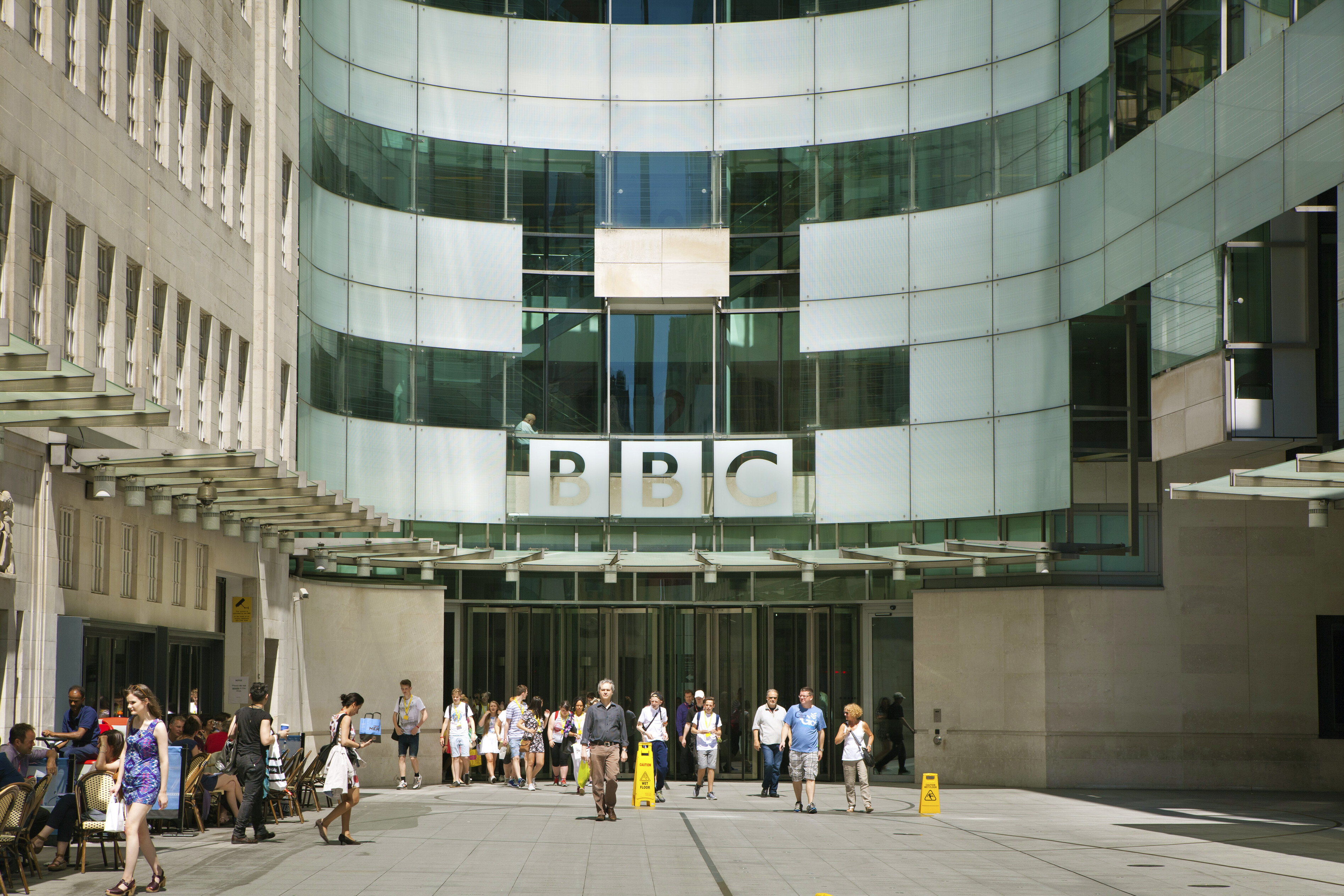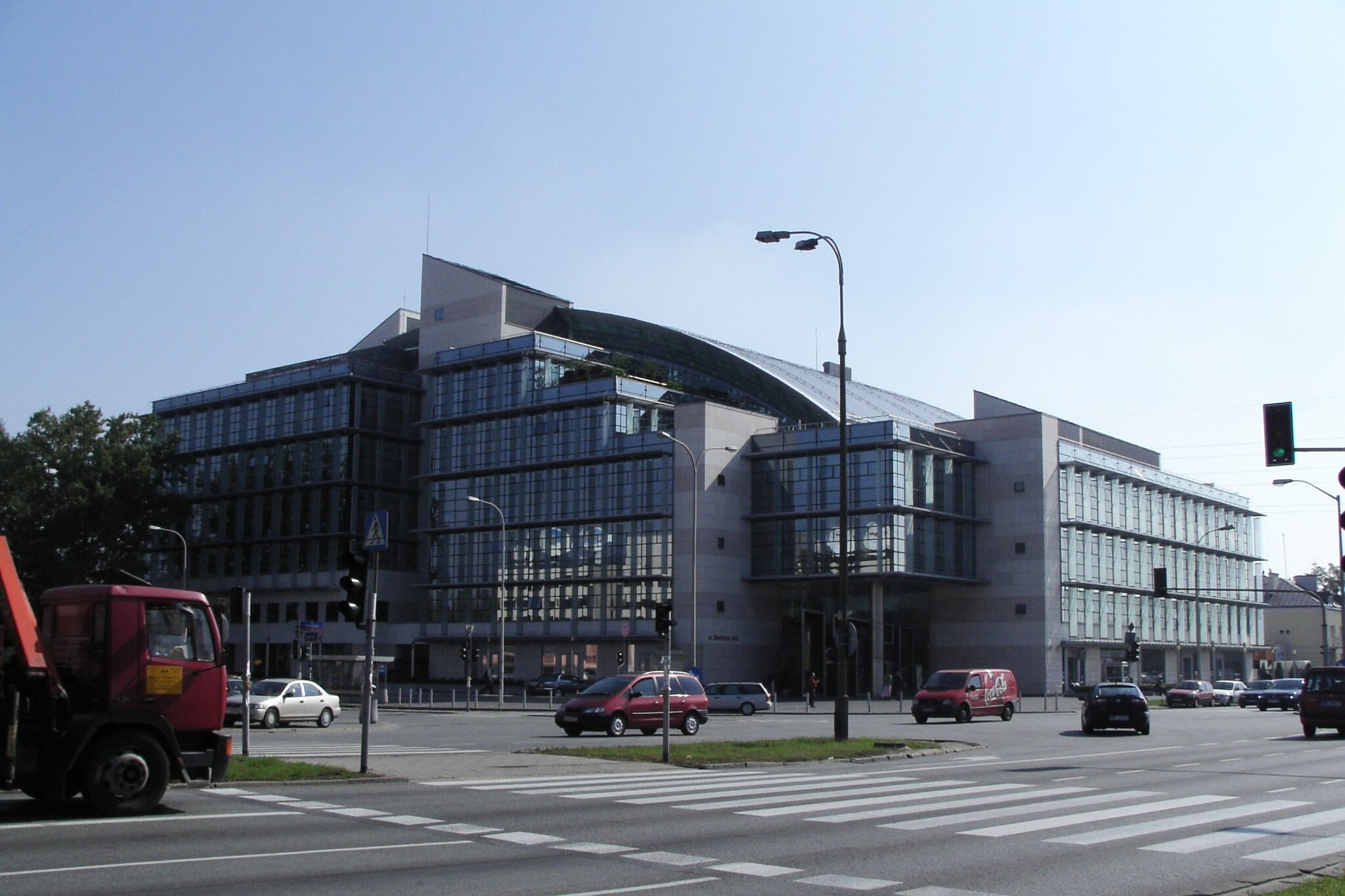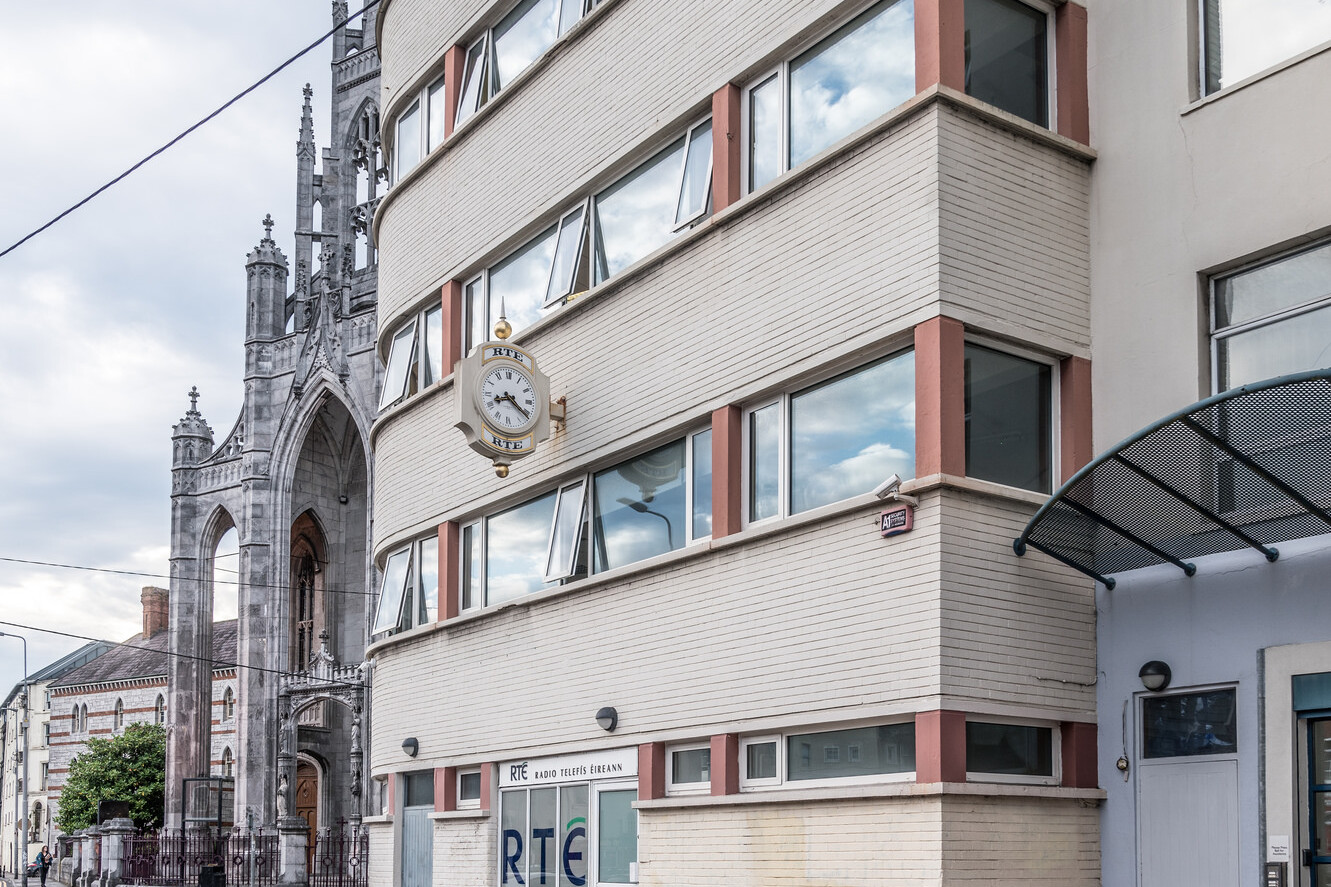By Kristian Porter
New licence fee will apply to all devices used to access public media streaming and radio services.
Audiences of Irish public broadcaster RTÉ will face a new licence fee system that takes into account TV devices such as smartphones and tablets to access content.
The “device independent broadcasting charge” agreed by the Irish government in today’s Broadcasting (Amendment) Bill 2019, will come into effect in 2024 and is partly designed to take into account new audience habits and technology.
According to Communications Minister Richard Bruton, the Bill recognises the changing media landscape and that “audiences are transitioning away from traditional platforms and are increasingly accessing content online through digital mediums”.
The Bill will also enable public media to better account for licence fee evasion. This has long been a problem for Ireland, which has amongst the highest evasion rates in Europe at an estimated rate of 12%. According to RTÉ, around 10% of Irish homes now access content on devices that do not require a TV licence.
Details as to whether all smartphone or tablet users will have to pay the charge are yet to be ironed out and although the premise of the new licence has been broadly welcomed by RTÉ, there are concerns as to why it will take five years to implement.
The government wants the new fee to launch in 2024, after the next five-year collection contract is allocated, allowing time for it to develop a scheme that is less prone to current vulnerabilities.
“The fact is that the number of homes that do not have a traditional television set – but who are nonetheless consuming public service content – is increasing rapidly”
RTÉ, however, sees the wait as only perpetuating the current funding crisis, further compromising its remit. According to an RTÉ spokesperson:
“The fact is that the number of homes that do not have a traditional television set – but who are nonetheless consuming public service content – is increasing rapidly and the current television licence fee mechanism reflects less and less how people consume public-service content.
“When added to the evasion rate, currently close to 25% of homes are now not paying the TV licence due to an outdated and inefficient system. This is resulting in tens of millions in lost funding for public media and the broader sector each year.”
The new Broadcasting Bill will also allow some licence fee income to be allocated to the Broadcasting Authority of Ireland (BAI) to help lower levies placed on independent broadcasters and create a funding scheme for local radio journalists.
However, the 2024 reforms come regardless of a BAI recommendation for an immediate €30million increase to RTÉ’s funding to maintain its public service role in the short term. In a statement highlighting its concerns, the public broadcaster said: “While the measures announced today may improve collection performance in the medium term they do not address this immediate structural funding challenge and in reality could make it more difficult.”
The current licence fee in the Republic of Ireland costs €160 a year.
Header Image: Watching tv and using remote control. Credit: gpetric/iStock
Related Posts
22nd June 2019
BBC announces change to free licences for over-75s
The BBC announced that it will fund…


